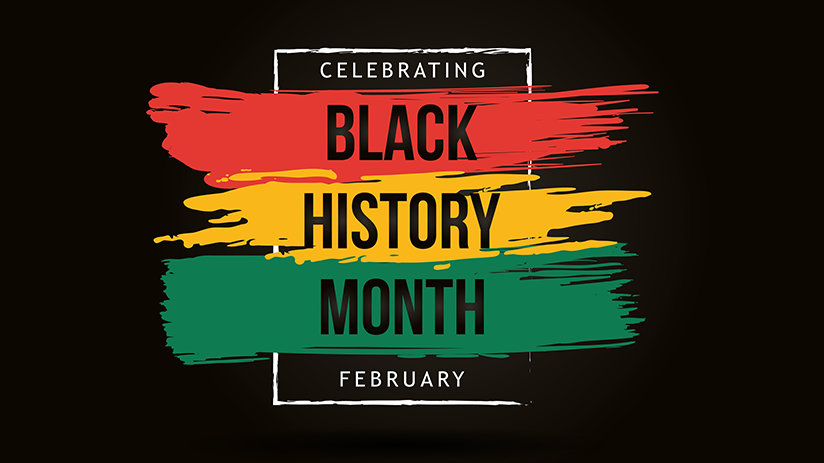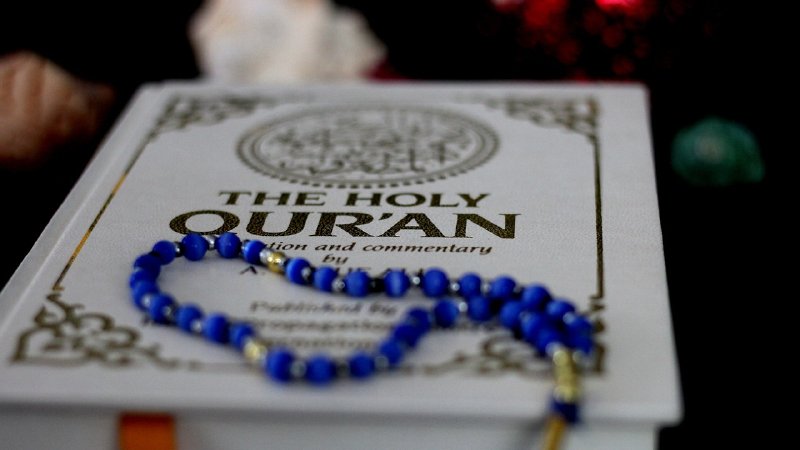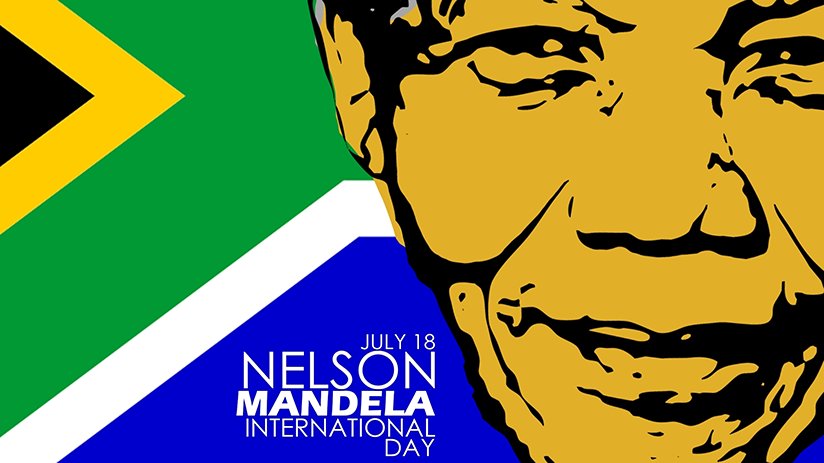
-
HOME
-
WHAT IS STANDOur Mission Our Values Our Help Contact
-
WHAT WE FIGHT FORReligious Freedom Religious Literacy Equality & Human Rights Inclusion & Respect Free Speech Responsible Journalism Corporate Accountability
-
RESOURCESExpert Studies Landmark Decisions White Papers FAQs David Miscavige Religious Freedom Resource Center Freedom of Religion & Human Rights Topic Index Priest-Penitent Privilege Islamophobia
-
HATE MONITORBiased Media Propagandists Hatemongers False Experts Hate Monitor Blog
-
NEWSROOMNews Media Watch Videos Blog
-
TAKE ACTIONCombat Hate & Discrimination Champion Freedom of Religion Demand Accountability
Honoring the Most Powerful 272 Words in American History—and What They Meant for Freedom
On November 19, 1863, President Abraham Lincoln gave what is arguably the most important speech in American history.
The Battle of Gettysburg had ended four months earlier. It was one of the bloodiest battles in the history of the young nation. Twenty-three thousand union troops and 28,000 confederate troops lost their lives. Those dead, when buried at all, had been buried hastily in shallow graves. A Gettysburg attorney, David Wills, led the effort to re-inter the dead in a new national cemetery where both sides could be properly honored. Edward Everett, the most famous orator of the day, had been invited to headline the ceremonies. President Lincoln was invited, as an afterthought, to give “a few brief words.”
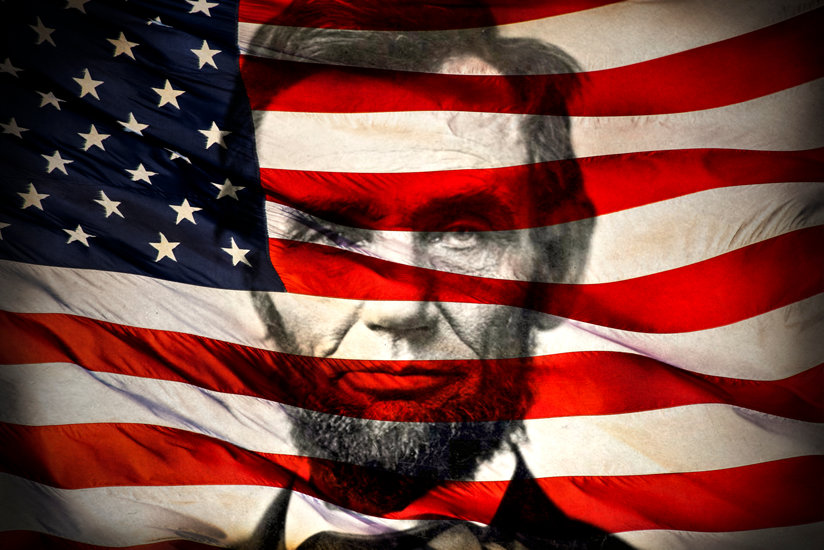
As was the custom of the day, Everett spoke for two hours. He was accompanied by a brass band that played a hymn which had been written especially for the occasion. After the reverberations died, Lincoln arose.
He defied custom and spoke for only two minutes. His 272 words are among the most powerful in American history.
President Lincoln was invited, as an afterthought, to give “a few brief words.”
In his speech, Lincoln pointed to the Declaration of Independence, with its promise that “all men are created equal” as the source of the American ideal. Up to this time, slave owners had pointed to the Constitution, with its absence of any reference to slavery, as the justification for their atrocities. Lincoln’s speech gave a new perspective to the American ideal, and reframed the discussion from that day forward. He bestowed honor on North and South alike, while further framing the struggle at hand as a fight for basic human rights—not merely a political battle.
When he finished, the crowd was silent. Lincoln thought he had failed. The 15,000 who had attended were actually stunned.
His speech is worth repeating, on this, its anniversary.
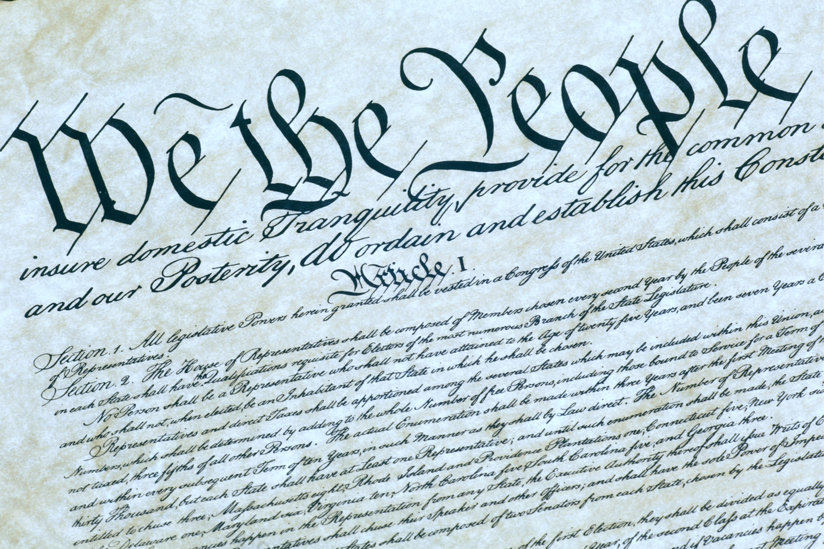
“Four score and seven years ago our fathers brought forth on this continent a new nation, conceived in Liberty, and dedicated to the proposition that all men are created equal.
“Now we are engaged in a great civil war, testing whether that nation or any nation so conceived and so dedicated, can long endure. We are met on a great battlefield of that war. We have come to dedicate a portion of that field, as a final resting place for those who here gave their lives that that nation might live. It is altogether fitting and proper that we should do this.
“But in a larger sense, we cannot dedicate, we cannot consecrate, we cannot hallow this ground. The brave men, living and dead, who struggled here, have consecrated it, far above our poor power to add or detract. The world will little note, nor long remember what we say here, but it can never forget what they did here. It is for us the living, rather, to be dedicated here to the unfinished work which they who fought here have thus far so nobly advanced. It is rather for us to be here dedicated to the great task remaining before us—that from these honored dead we take increased devotion to that cause for which they gave the last full measure of devotion—that we here highly resolve that these dead shall not have died in vain, that this nation under God shall have a new birth of freedom, and that government of the people, by the people, for the people shall not perish from the earth.”






